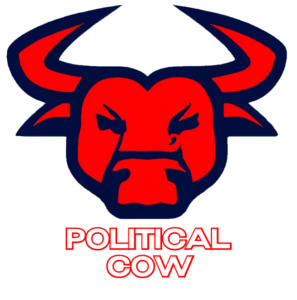https://www.youtube.com/watch?v=_LiFwS-SHIs
🐄 ➡️ Join this channel ⬅️
✅ https://www.youtube.com/channel/UCG6pDaj42pp0JepuPiKoYCQ/join ✅
🚨📰 GROUND NEWS 40% off! 📰🚨
Quickly spot misinformation, with tools, data and AI
✅ https://check.ground.news/PoliticalCow ✅
📱 [Follow Us] Stay connected for more thought-provoking discussions and behind-the-scenes updates:
🔸 LinkTree: https://linktr.ee/PoliticalCow (all socials listed)
🔸 Visit our website for additional resources and articles: https://politicalcow.com
🚨 [Disclaimer]
The information provided in this video is for educational, informational and entertainment purposes only. We are not financial advisors, and all investment decisions should be made with professional guidance. Affiliate links help support our channel at no additional cost to you. Thank you for your support! Also, please note that some thumbnail images are in fact AI generated for satirical purposes and we work to label them as such.
#Politics #Finance #Investments #satire
Thank you for watching!

